How To Do The Ananda Balasana And What Are Its Benefits
Discover the secrets behind this calming pose that boosts flexibility and mental clarity.
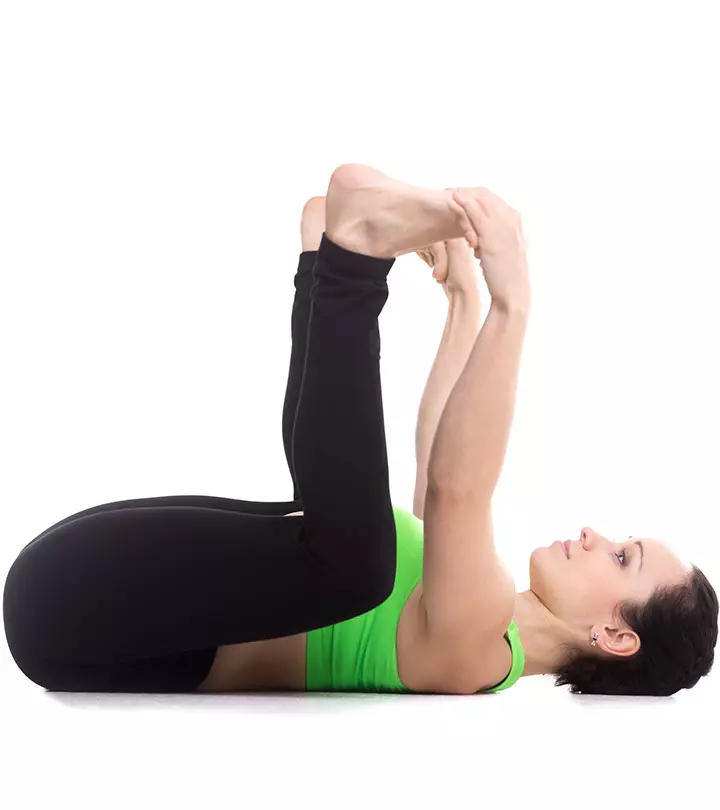
Image: Shutterstock
Ananda – Blissful, Bala – Baby, Asana – Pose. Pronounced As AH-nahn-dah-BAHL-ahs-ahna
The Anandabalasana is also called the happy baby pose or the dead bug pose as it resembles both very closely. But since a happy baby seems more positive, and the asana has positive effects on the body, it is more widely known as the happy baby pose. It is known for its innate ability to calm the mind and de-stress the body.
Everything You Need To Know About Ananda Balasana
- What You Should Know Before You Do This Asana
- How To Do This Asana
- Precautions And Contraindications
- Beginner’s Tips
- Advanced Pose Alterations
- Benefits Of Ananda Balasana
- The Science Behind The Happy Baby Pose
- Preparatory Pose
- Follow-Up Pose
What You Should Know Before You Do This Asana
It is best to practice the Ananda Balasana early in the morning when your mind is fresh and stress-free. In case your routine doesn’t permit a morning workout, it is best you practice this asana in the evening on an empty stomach.
It is of utmost importance to ensure your bowels and stomach are empty before you exercise. Give a gap of at least four to six hours between your meals and workout so that your food is properly digested and you are energized for the workout.
Level: Basic
Style: Vinyasa
Duration: 30 seconds
Repetitions: Once every day
Strengthens: Arms, Legs, Back
Stretches: Inner groin, Spine
How To Do This Asana
You must be wondering how to do happy baby pose right? Give these instructions a read.
1. Lie flat on your back. Inhale and lift your legs up, bringing both your knees close to your chest.
2. Hold your big toes. Make sure your arms are pulled through the insides of your knees as you hold your toes. Gently open up your hips and widen your legs to deepen the stretch.
3. Tuck your chin into your chest and make sure your head is on the floor.
4. Press the tailbone and the sacrum down to the floor while you press your heels up, pulling back with your arms.
5. Press both the back of the neck and the shoulders down to the floor. The whole area of the back and the spine should be pressed flat on the floor.
6. Breathe normally and hold the pose for about 30 seconds to a minute.
7. Exhale and release your arms and legs. Lie on the floor for a few seconds before you move on to the next asana.
Precautions And Contraindications
It is essential to practice this pose correctly to avoid injury.
1. If you are suffering from a neck injury, it might be a good idea to use a thickly folded blanket to support the head.
2. You must ensure your spine is absolutely straight while practicing this asana to avoid any kind of injury.
3. Pregnant women and women who are menstruating must avoid practicing this asana.
4. People suffering from high blood pressure and knee injuries should also avoid this asana.
Beginner’s Tips
If you are a beginner, these tips will ease your approach to this asana.
1. If you find it difficult to hold your feet, use a yoga strap by looping it around the middle arch.
2. When you do this asana, you might let your tailbone arch towards the ceiling. But you have to make sure your tailbone is pressed to the floor. Only then, the hips flexibility will increase.
Advanced Pose Alterations
These are a few pose alterations you can make.
1. You can use a wall for support as you practice this asana or use a belt to hold your feet.
2. If you find it difficult to hold your feet as you practice the Ananda Balasana, you can also hold the back of your thighs.
3. Another variation of this pose is to clasp your hands under your knees.
Ananda Balasana Benefits
These are a few amazing benefits of practicing this asana regularly.
1. It stretches the back and the spine and also the inner part of the groin, inner thighs, and the hamstrings.
2. It is a great hip opener. It uses the arms’ strength instead of gravity to work on the hips, thus strengthening the arms and biceps as well.
3. This happy baby yoga pose works towards releasing all the tension trapped in the lower back.
4. It also helps open up the shoulders and the chest.
5. It deeply compresses the stomach and massages the organs in the digestive system.
6. It helps relax the sacrum.
7. Practicing the happy baby pose regularly also helps reduce the heart rate, therefore relaxing and calming the mind. It also helps release stress owing to the deep stretch.
The Science Behind The Happy Baby Pose
The Ananda Balasana uses different principles of pranayama and asana to energize, awaken, and control the energies we have within ourselves that, if correctly channelized, can have positive benefits. It also uplifts the mind, bringing it to a level of higher awareness and consciousness. It prepares the body to go into a meditative state.
Just as the babies play with their feet as they lie on their back and exude utmost joy, this pose aims to recapture that expression. In each of us, no matter our age, there exists a “divine child” that is ready to be born in the form of an inspiration – be it creative energy or a new, different experience. Practicing this pose regularly will open up your mind to joy and innocence and make you aware of the bustling divine child within you.
Preparatory Pose
Follow-Up Pose
If reading all about this asana hasn’t made you smile already, try it to know the amount of joy it is capable of transmitting. Awaken the child in you, let go of your stress, and embrace the joy by adding this amazing pose to your daily practice.
Read full bio of Shirin Mehdi



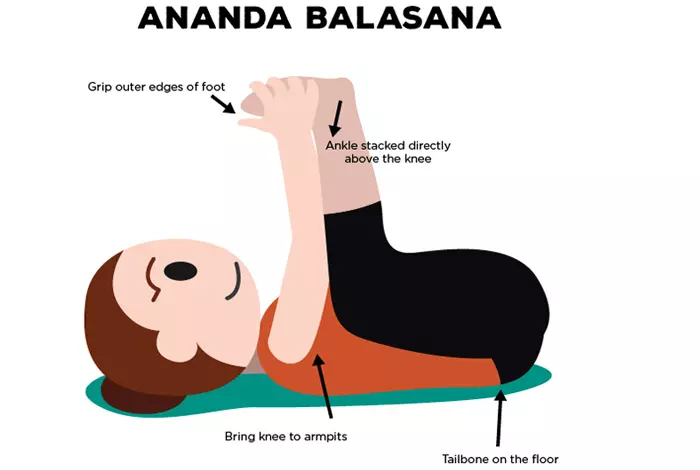

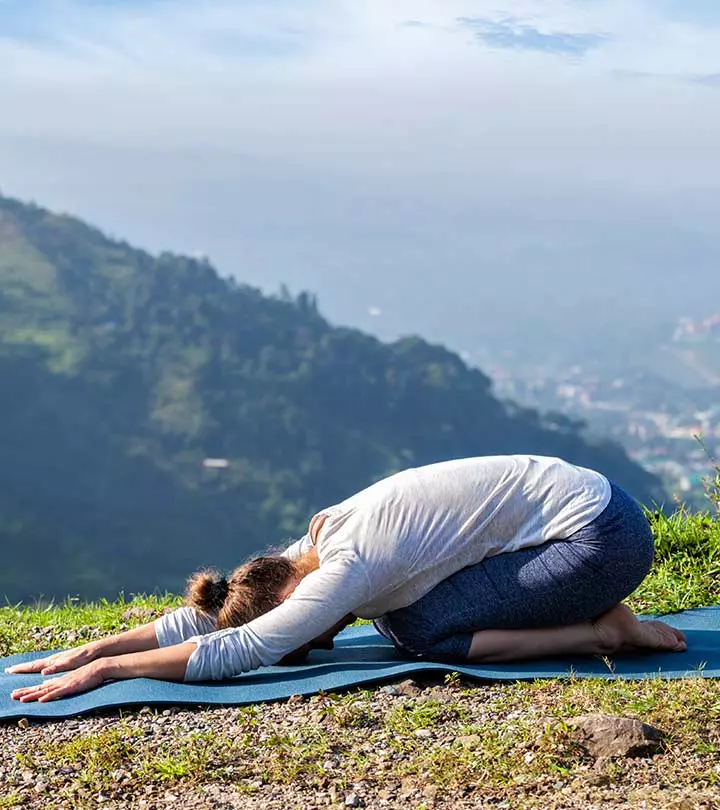
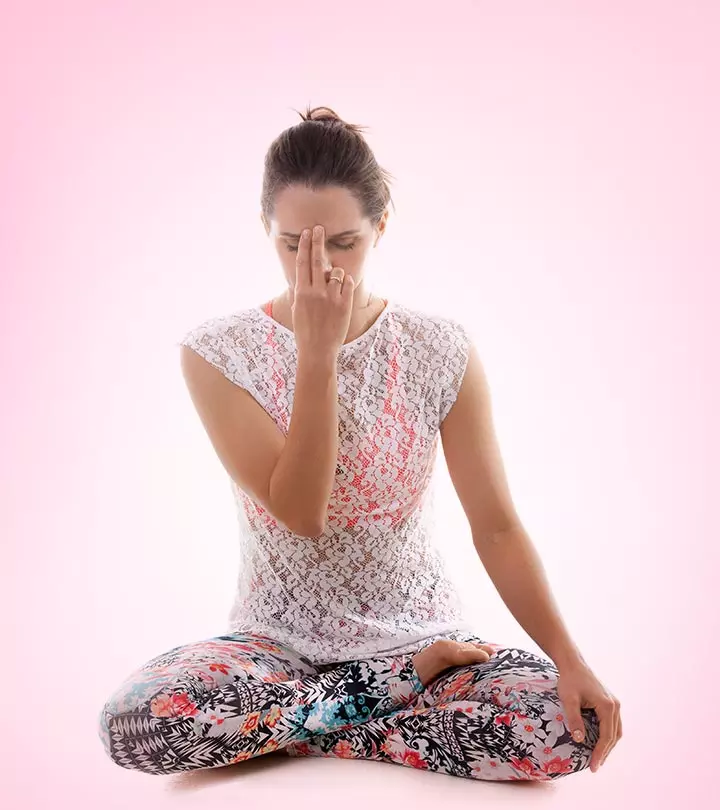
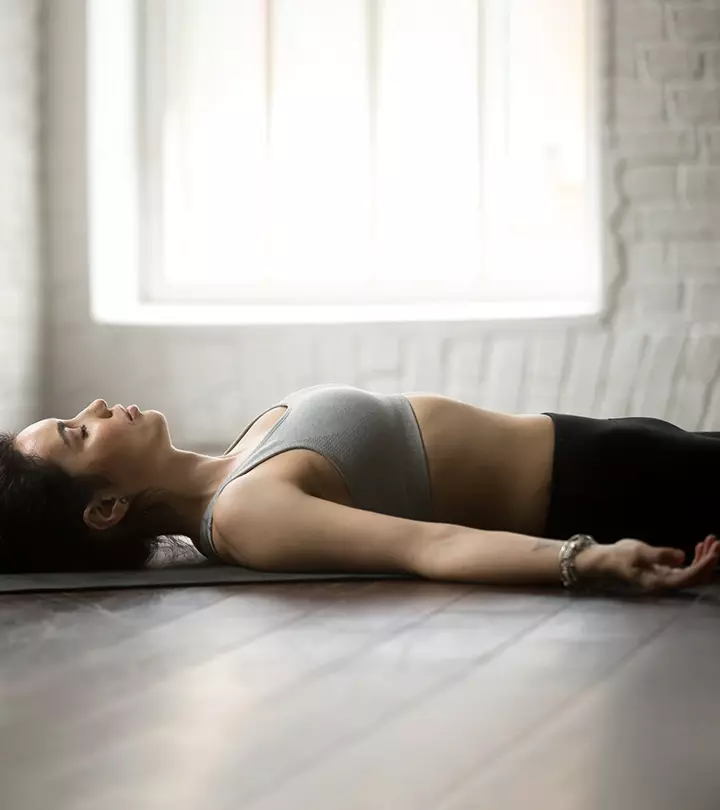
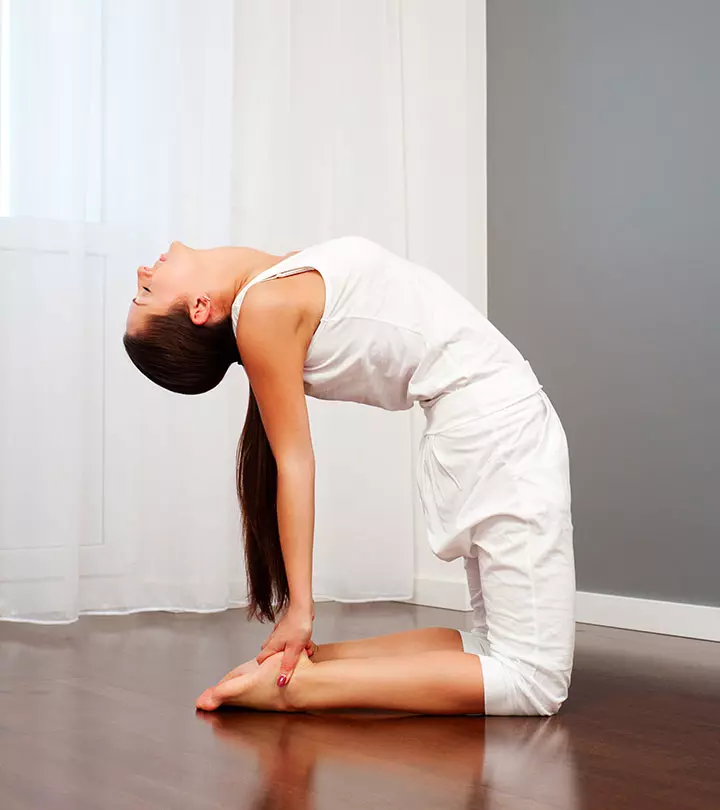
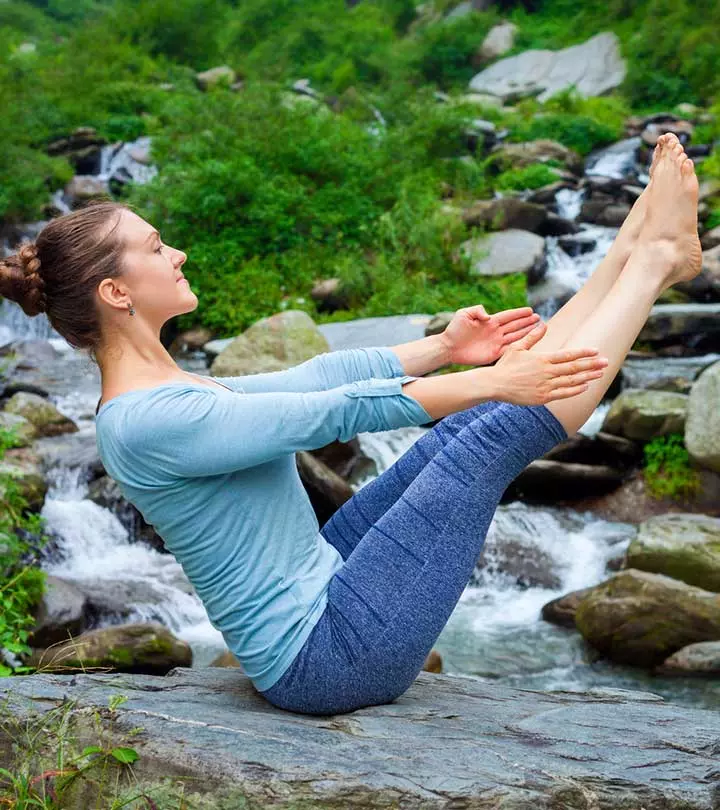
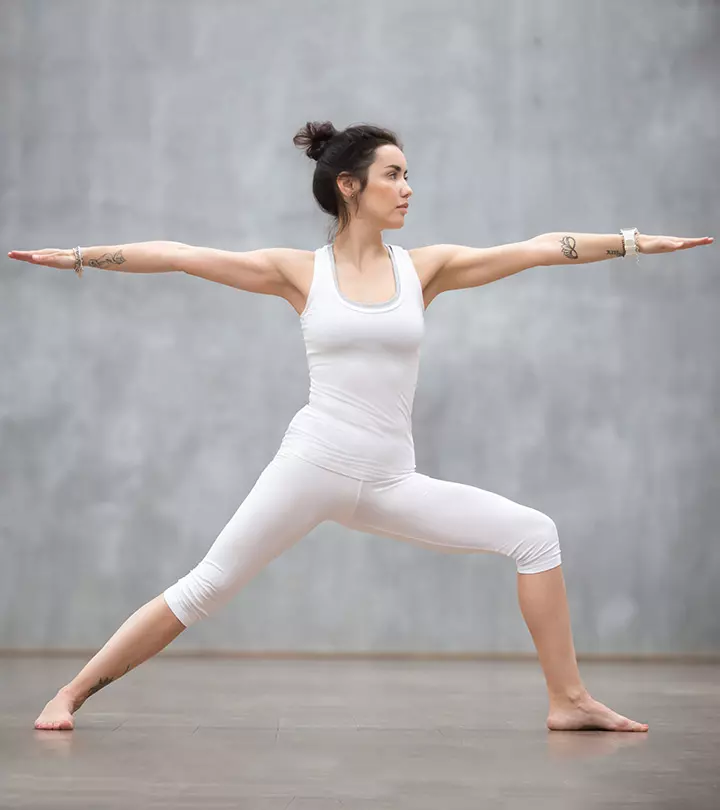
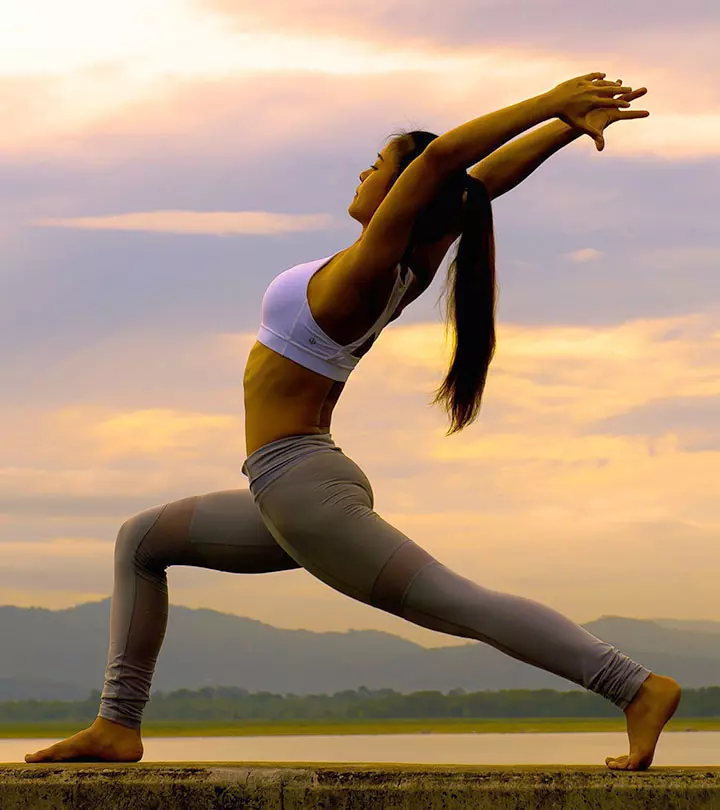
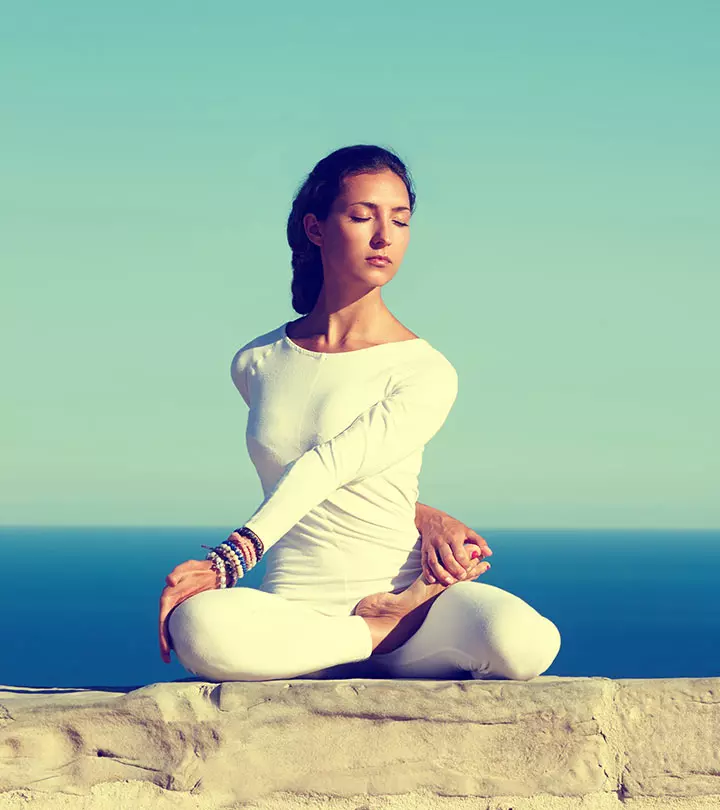
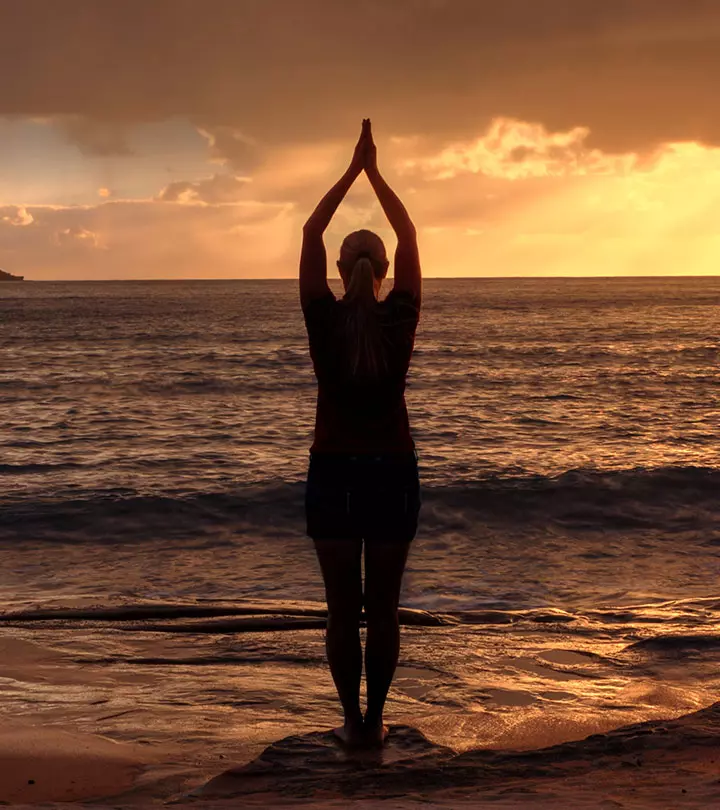
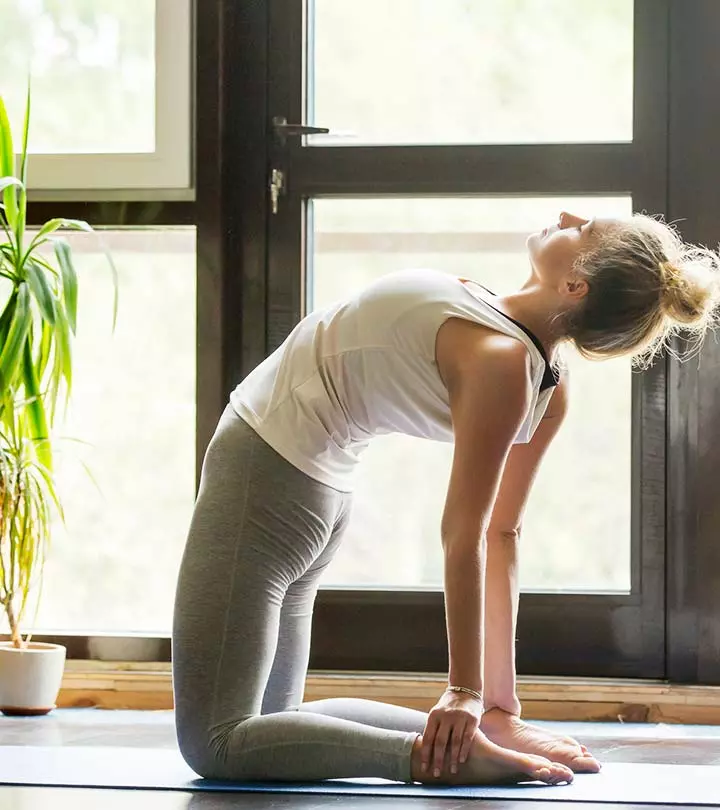

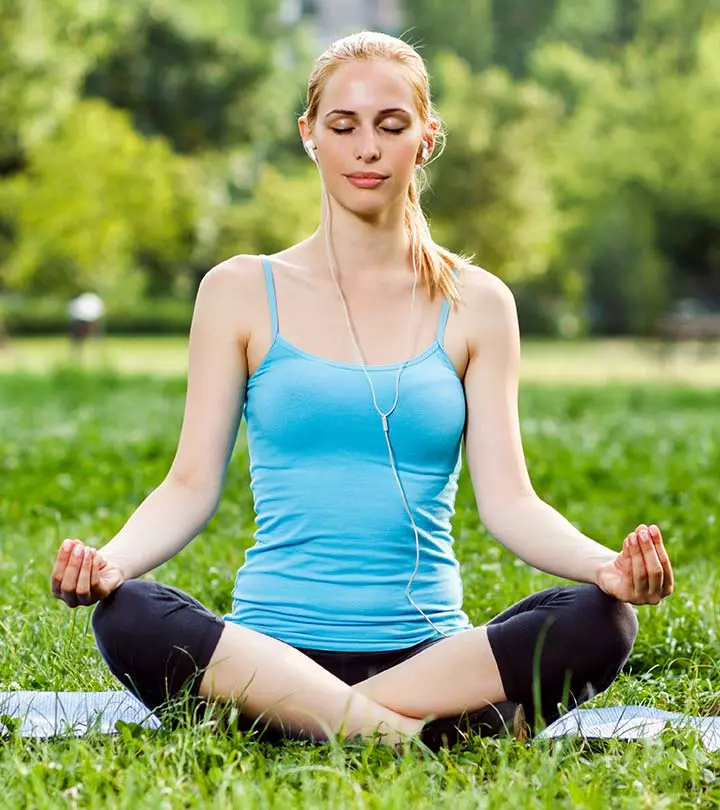
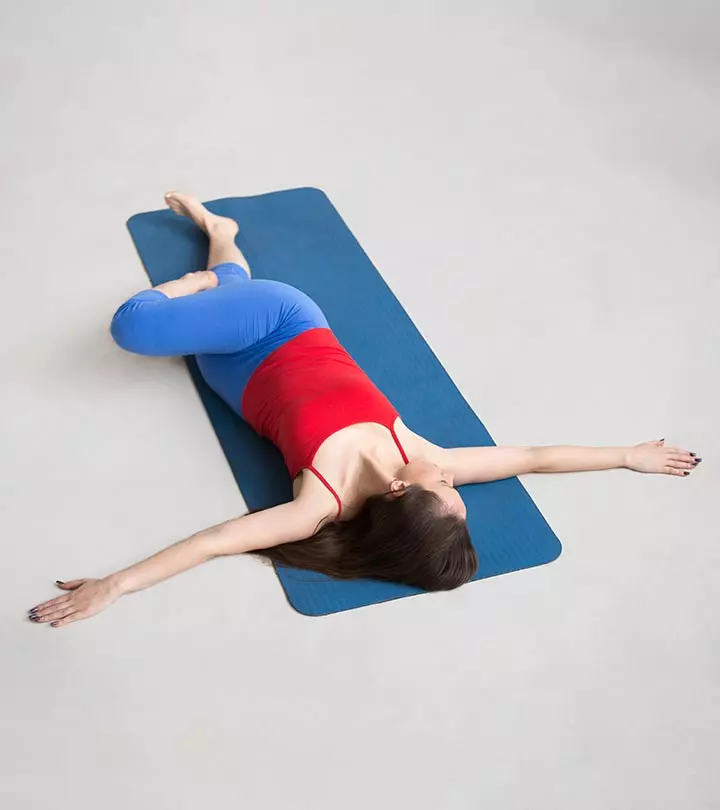
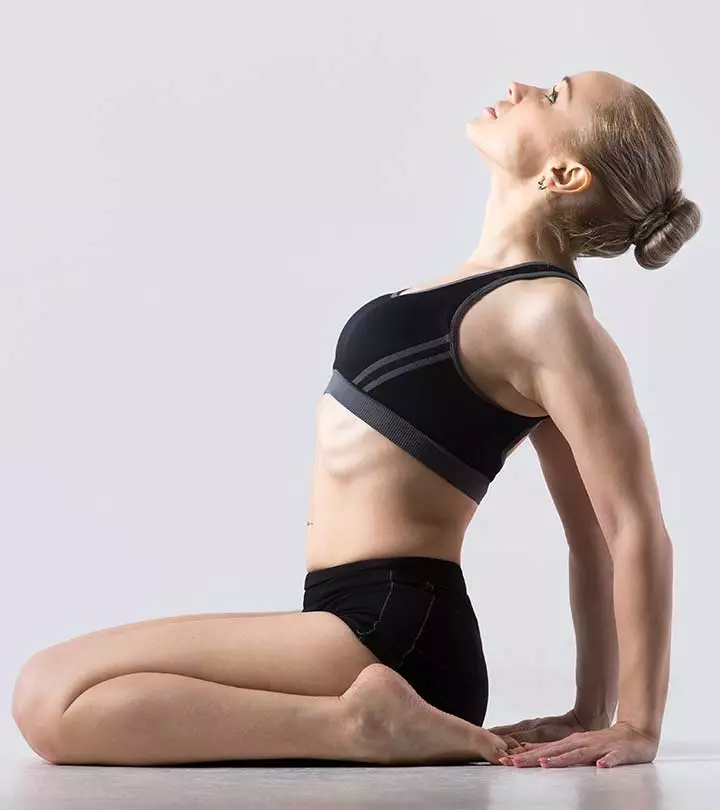
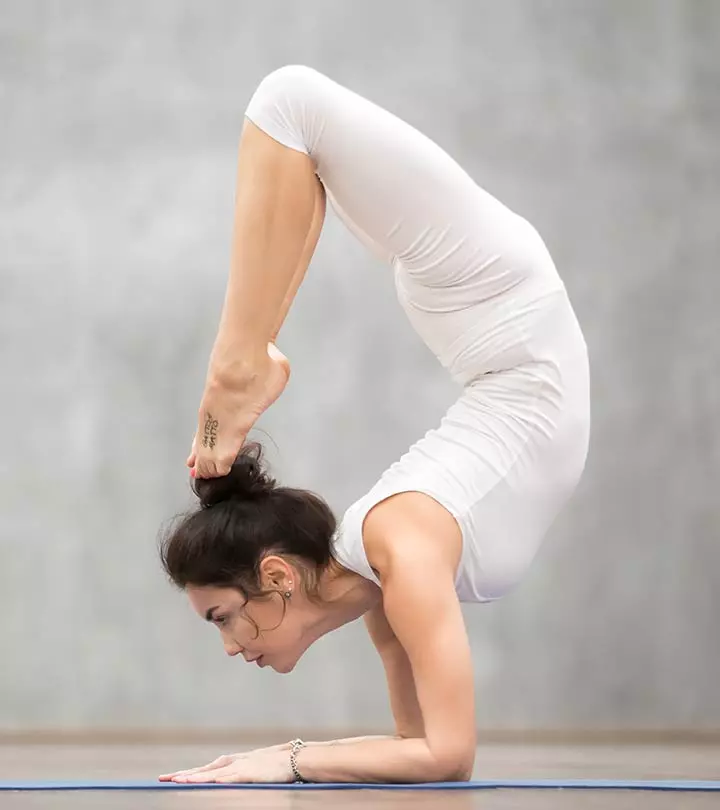
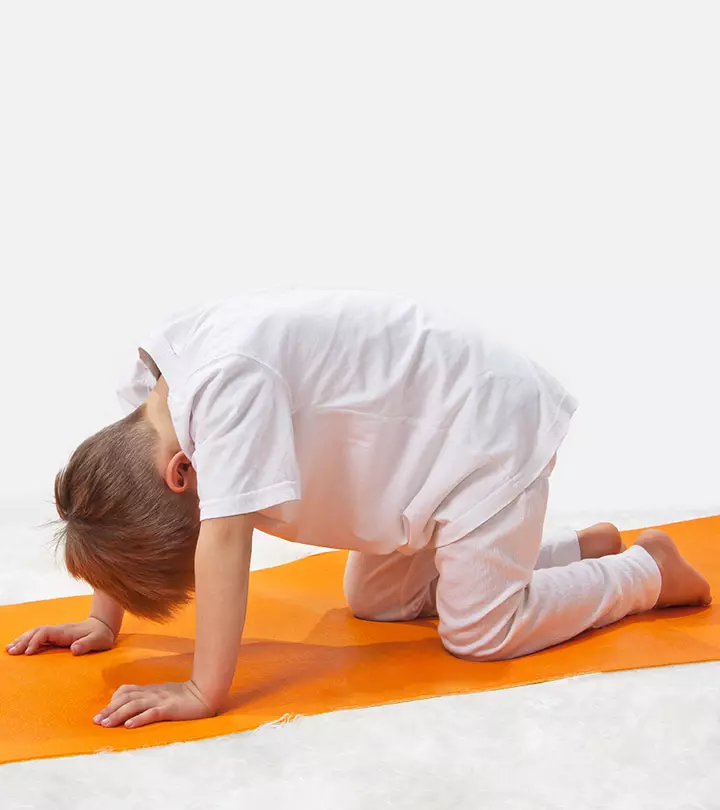
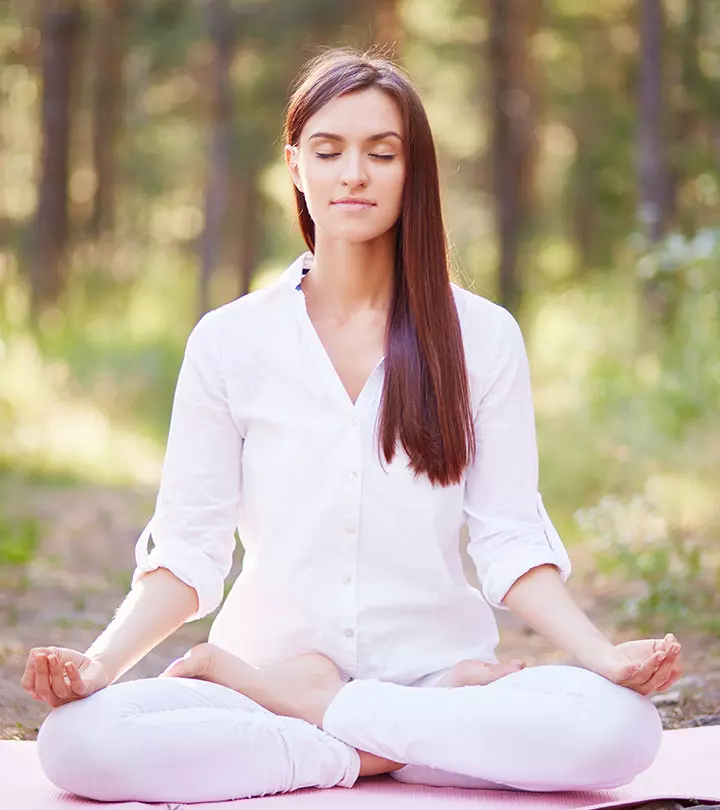
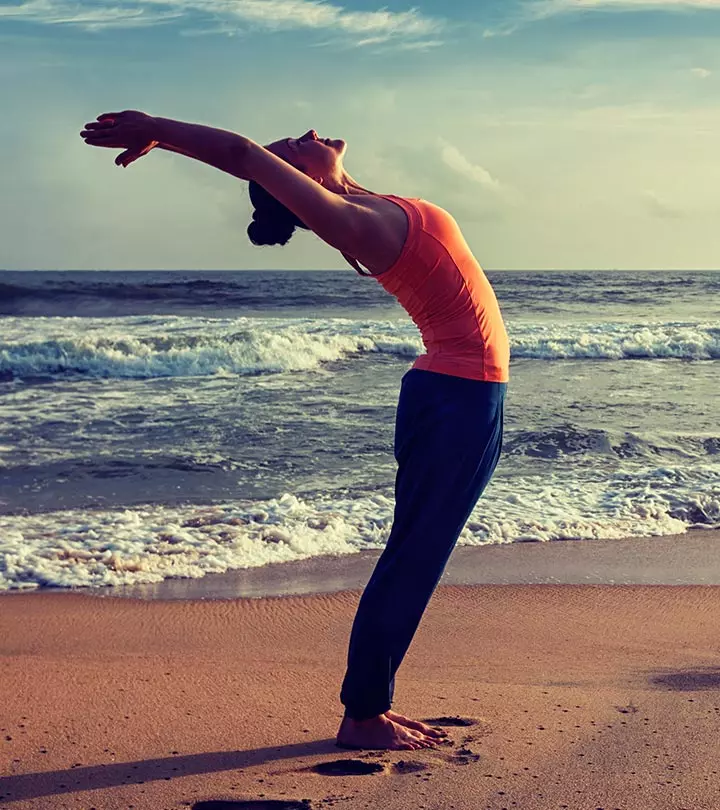
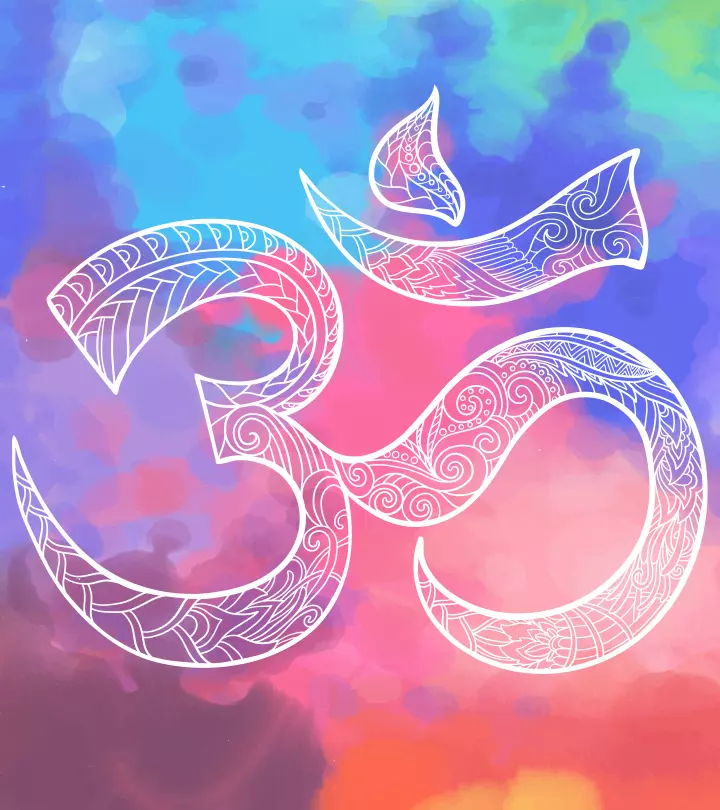
Community Experiences
Join the conversation and become a part of our empowering community! Share your stories, experiences, and insights to connect with other beauty, lifestyle, and health enthusiasts.